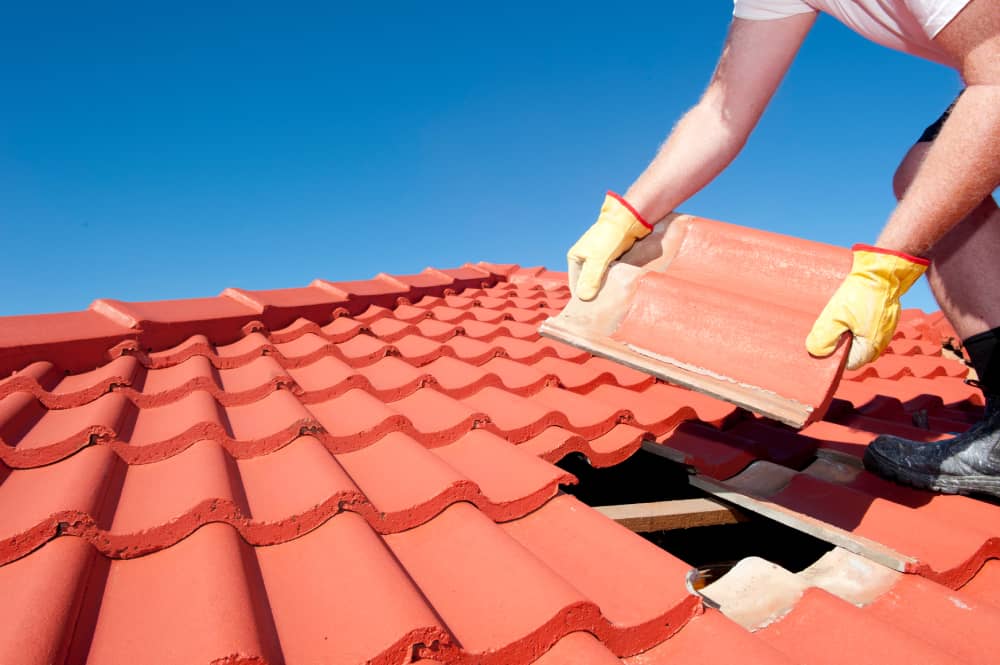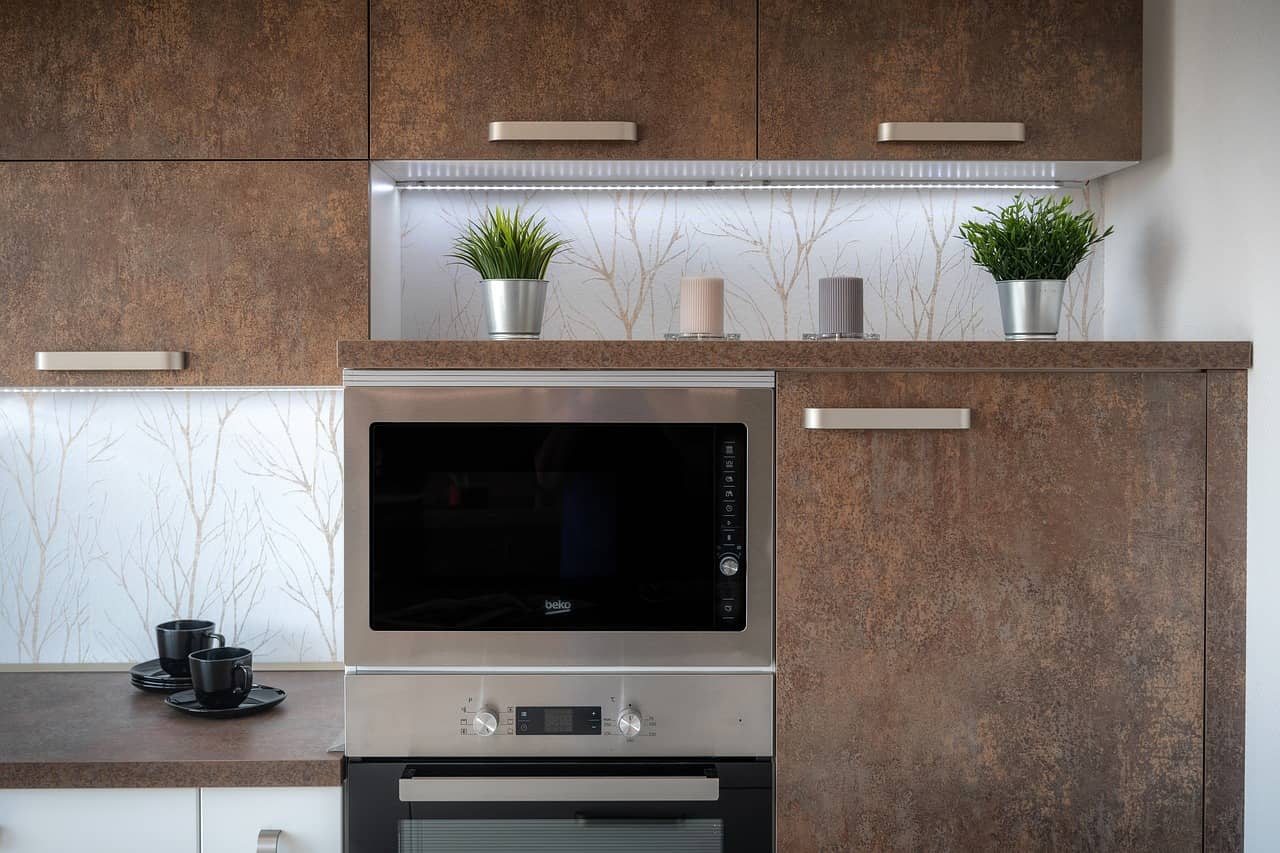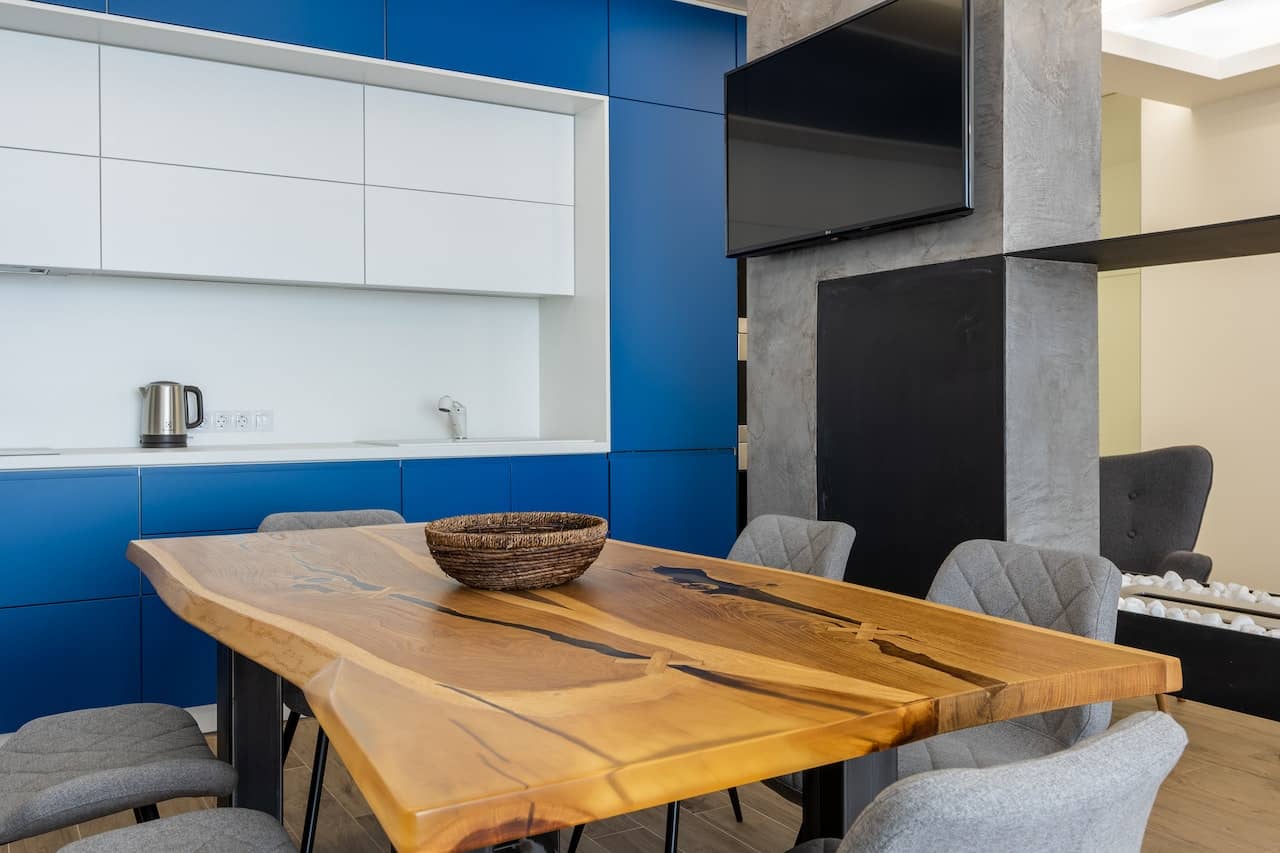The kitchen is rated as the most dangerous room in a house because most fires and injuries start there. However, this doesn’t mean you limit your time in the kitchen or that you shouldn’t enjoy the conveniences it offers. Here are some suggestions to help keep your family safe from electrical hazards in the kitchen.
Ensure the Wiring Is Safe
Check whether the wiring in your home is up to code by booking an inspection. This is especially important if you have an older home, or if you regularly have appliance problems, frequent short circuits, or flickering lights. A certified electrical inspector can inspect the wiring and recommend rewiring, if necessary. Upgrades may necessary if:
- The central panel is old and outdated
- A room’s electrical outlets are inadequate for its current use
- You’re planning to update or replace appliances
- Are doing major renovations
Don’t Overload Your Outlets
Inspect all of your outlets to ensure you have no overloaded breaker boxes or extension cords as they can be fire hazards. Additionally, consider using power strips so you can turn off multiple appliances at once instead of individual plugs. Never plug power strips into other power strips. If you have extension cords, ensure they are labeled for indoor use to prevent overheating.
Ensure the Appliances Are Safe
Ensure that all of your appliances, including cooktops, ranges, ovens, dishwashers, microwaves, and disposal units, are maintained to reduce the risk of accidents. Have appliances inspected regularly according to the manufacturer’s instructions.
Replace old or damaged appliance parts, and have your yearly service appointments to ensure that safety features are working. Some newer appliances may not require the same level of service, but it’s better to err on the side of caution.
Unplug When Not in Use
Not unplugging your appliances when you are not using them may seem harmless, but it can be a fire hazard. Unplug the refrigerator and other devices during thunderstorms or when you leave the house for extended periods. Consider replacing them with newer energy-efficient models if you have older devices.
Check for Loose Wiring
When you see loose wiring, call for an electrician right away. Never attempt to repair or replace faulty wiring and never use appliances that is showing signs of damage. If you smell burning or detect a strong electrical current, stop using the device immediately and unplug it before calling an electrician.
Have Working Smoke Detectors
Have working smoke detectors on every level of your home. Test batteries monthly and replace them according to the manufacturer’s instructions. Because the kitchen can be a place of electrical fire hazards, you may want multiple smoke detectors. Ask a qualified electrician to inspect and test all the sensors in the house regularly.
Keep Cleaning Materials Away From the Oven and Stove
Store cleaning materials such as bleach, oven cleaners and other chemicals away from your stove and oven. The cleaners contain flammable ingredients that can easily ignite if they come into contact with the pilot light of your oven or range burners. Not to mention, keeping cleaning materials away from children will help prevent accidental exposure and ingestion.
Water and Electricity Don’t Mix
Do not use appliances such as coffee makers, toasters, microwaves, and dishwashers near your sink, as the risk of a short circuit increases if water spills. When operating the appliances, make sure your hands are dry or use a dry kitchen towel. Keep your appliances and sink clean and grease-free. Also, ensure the floors are dry at all times.
Plug Appliances Directly to the Wall
Never plug a high-wattage appliance into a power strip or extension cord. This increases the risk of fire and electrical shock because the devices aren’t grounded if the cord malfunctions. Only use a power strip on devices that you can unplug after use.
Make Sure Outlets Are GFCI/AFCI Protected
Test the GFCI/AFCI outlets in your house at least once a month. Reset them following the manufacturer’s instructions if they trip. If you have children or pets, increase the testing frequency. Install the device if your kitchen outlets don’t have GFCI/AFCI protection.
Rely on Experts Advice
With these safety tips, you can improve your kitchen’s safety and avoid common household hazards. You’ll also ensure your kitchen’s electrical system and the entire house meet the set standards. Always call a qualified electrician if you notice any wiring malfunctions or electrical damage to appliances that can cause hazards.















